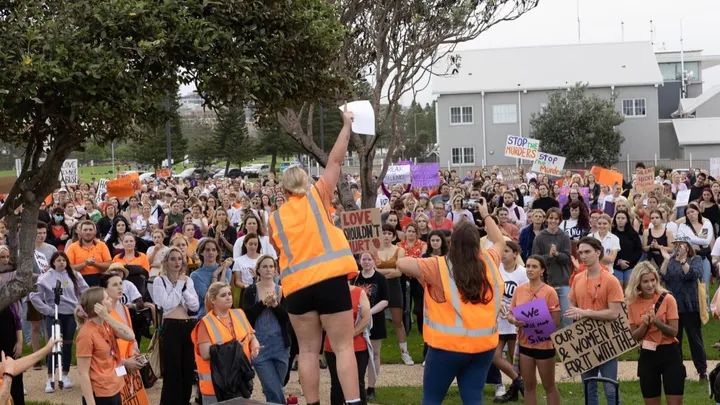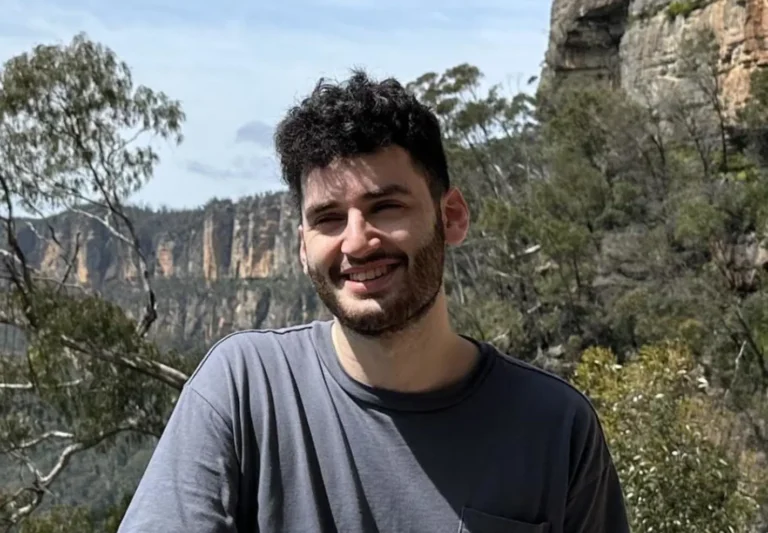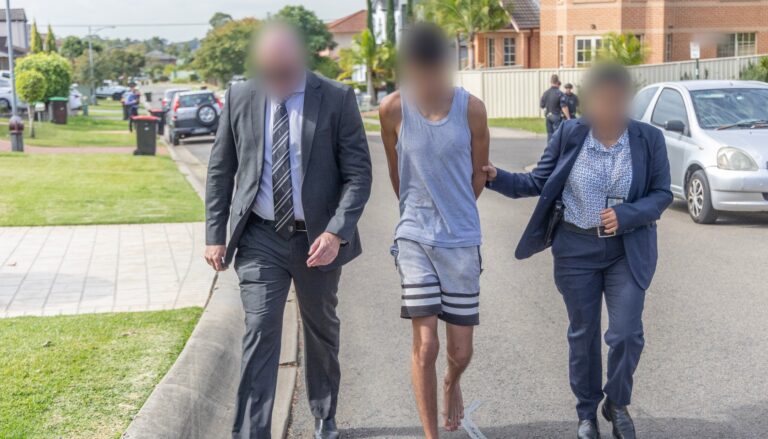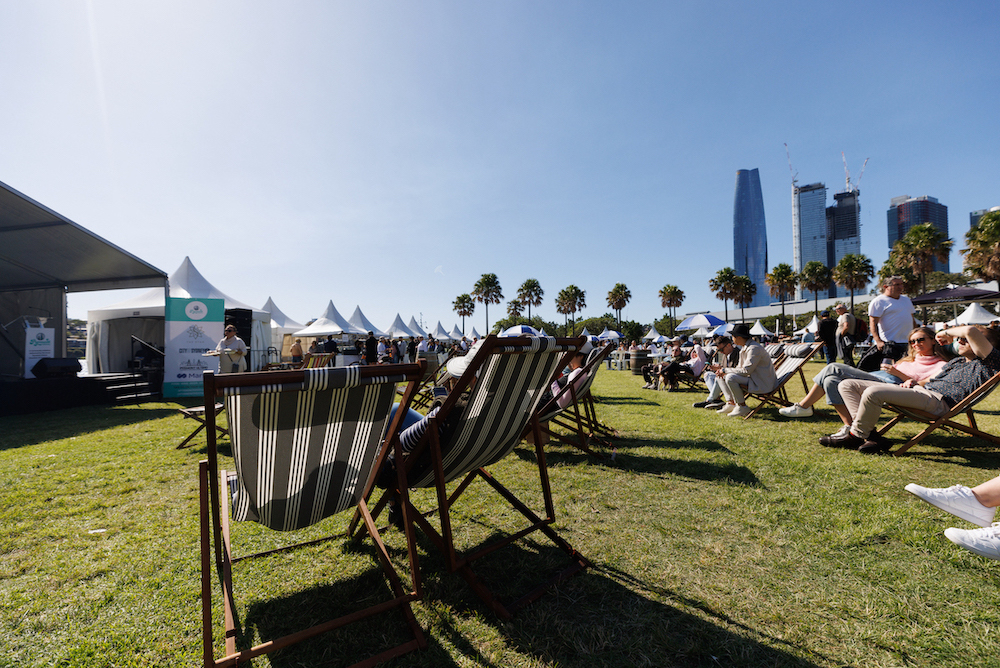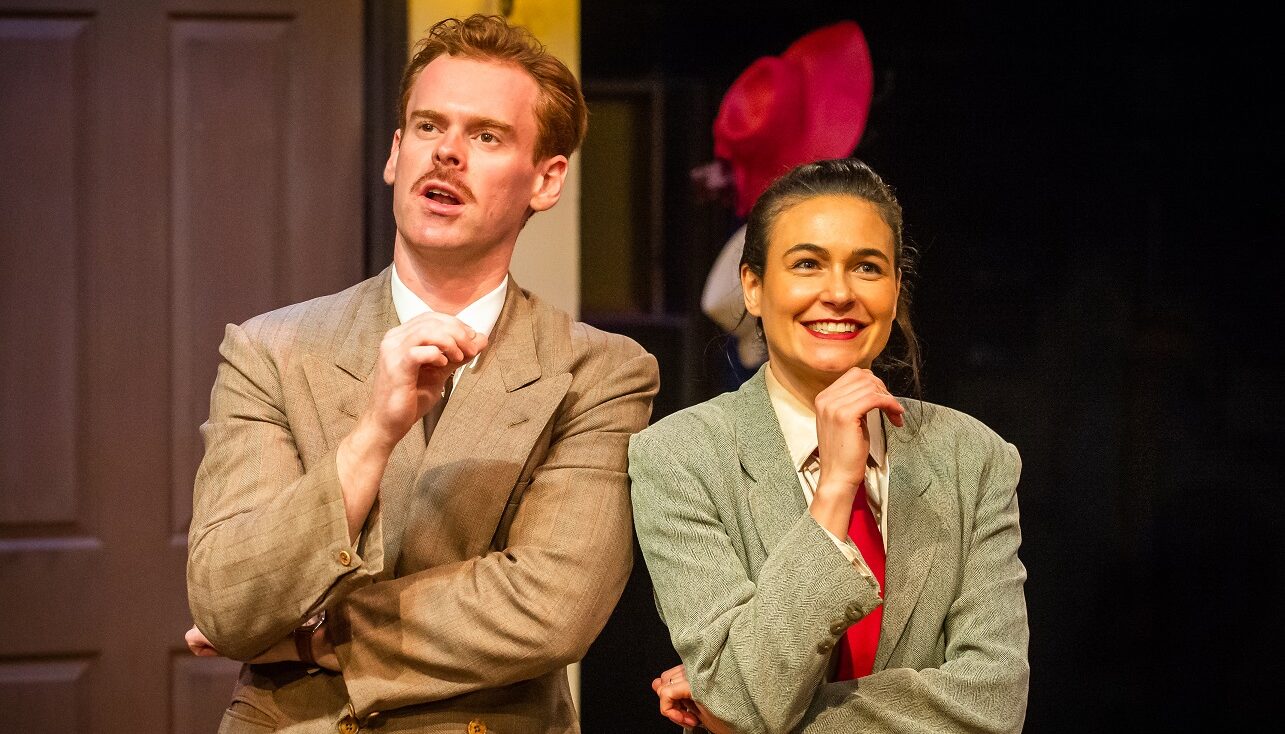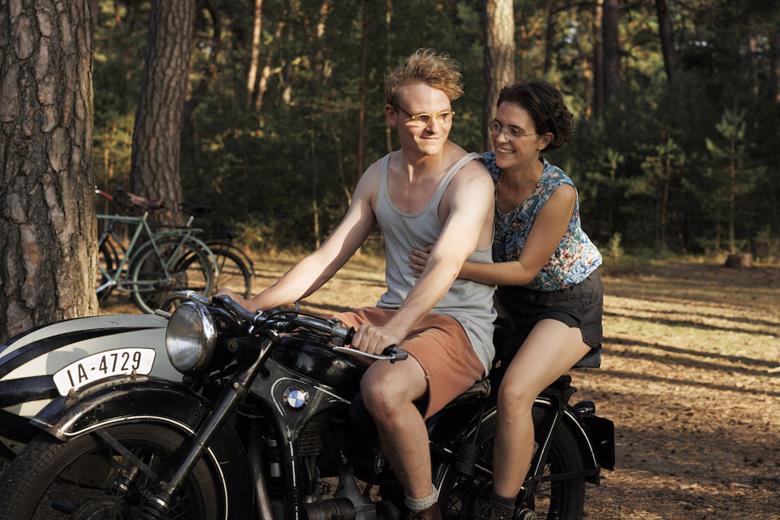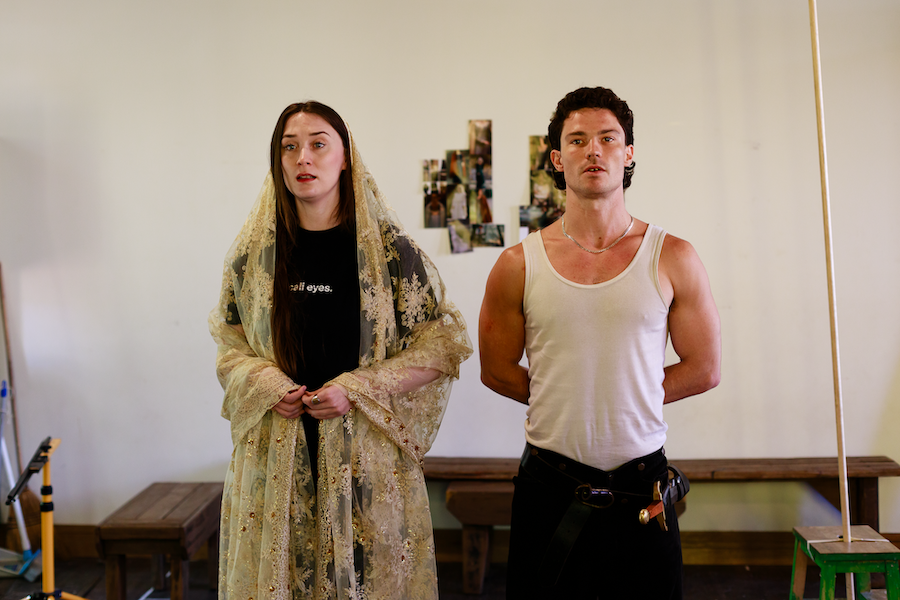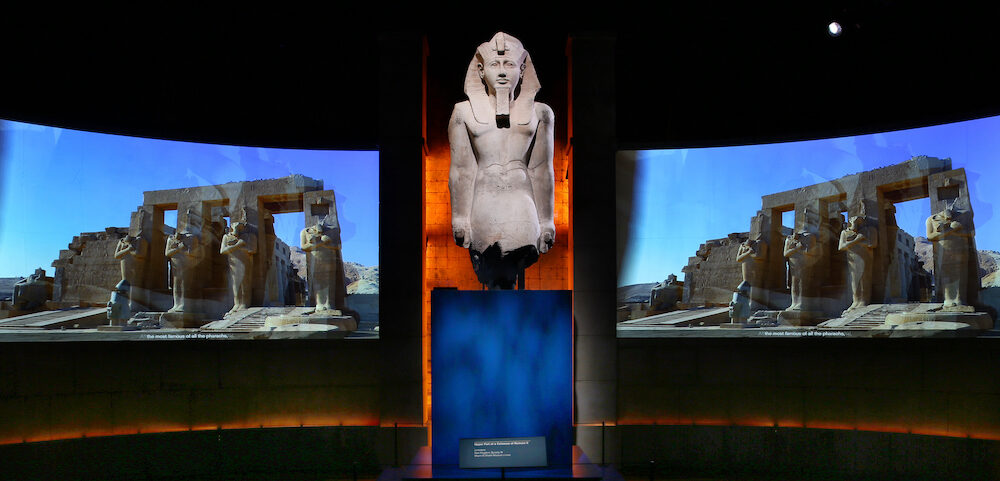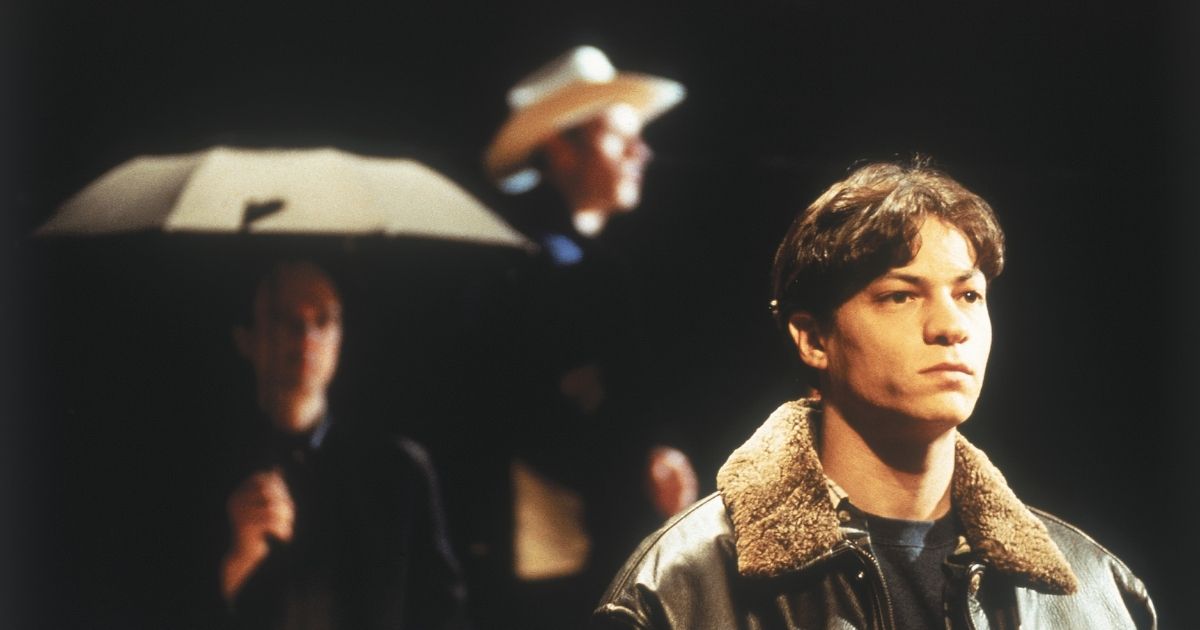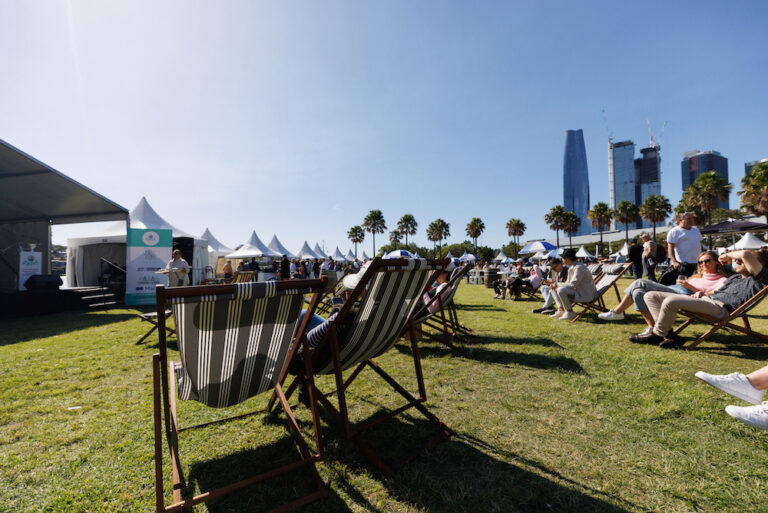
ROMEO AND JULIET

Shortly after Romeo slays Tybalt, Friar Laurence asks of Romeo, “Art thou a man? Thy wild acts denote the unreasonable fury of a beast.” For a play whose themes resonate widely across cultures and generations, such questioning of masculinity is often sidelined in modern productions of Romeo and Juliet.
Not so for director Stephen Wallace, who posits this as one of his central concerns in Impulse Theatre’s upcoming Shakespeare adaptation, set on not-so-sunny Cronulla beach amidst the chaos of the 2005 Race Riots.
“We’ve got the alpha male thing in there. It’s something I’m very interested in as a filmmaker. A lot of the alpha males who went berserk [in the riots] apologised later, they went over the top. I was trying to get that toughness into the play,” remarks Wallace the morning before a rehearsal.
The riots stormed headlines across the globe, due to their irrationality and inherent barbarism. Like the first shudder of lightning spotted on the horizon that clears the beach of lingering bathers, so too did any credence of moral maturity quickly dissipate for Australia in the eyes of the world.
For a play renowned for its depth, that the events of December 2005 lacked any ethical substance is the alluring paradox that attracted Wallace to the idea in the first place.
“It was about nothing – the whole thing – that’s why it collapsed. It was heated up, and resentment built up, but the root of it was nothing,” explains Wallace.
“It’s just ignorance of another culture, paranoia, a bit like the boat people – that they’re going to take over our country. There’s no substance to that.”
With questions of national and religious identity at the heart of the confrontation, Wallace was also particularly interested in the varying uses of the Australian flag, traditionally a symbol denoting solidarity.
“I was fascinated by the idea of the Australian flag being used as a weapon.”
He goes on to say, “One of the images that really affected me from Cronulla was the Lebanese girl wearing an Australian flag as a hijab.”
Wallace is confident in the ability of his cast to tackle such sensationally delicate material through the delicately sensational medium of Shakespeare. But it was a while before he had the courage to embark on his own interpretation of the canonical author.
“There are so many complex patterns of language. I’ve loved the process.”
He quips, “As I always say to my friends, it’s great to work with a great writer.
“You can really penetrate his speeches – they always mean something. His intellect is so solid.”
There is something gently instructional in Wallace’s manner and approach to theatre, but far from the didacticism of other directors. One of the primary aims of Impulse Theatre, of which Wallace is Artistic Director, is to deliver high-quality productions tailored towards audiences comprised mostly of school students. With a basic lack of awareness of cultural difference sparking much of the racial antagonism in 2005, it is important that younger generations are encouraged to be open-minded and engaged from an earlier age.
“I thought it was interesting because we get a lot of Lebanese, Islamic kids coming to our plays. They’re the warmest, most emotional of all the students, and very well behaved. Maybe there’s a good part of this that is not necessarily our intention: that we show people being human. Basically we’re all just the same.”
To stress this universality, Wallace has retained much of Shakespeare’s comedic ingenuity.
“We’ve got to get the audience involved as much as possible. We’ve got as many jokes as we can – I always do that in Shakespeare.
“You always have to tighten his drama, as a lot of it is a bit repetitive but there are some wonderful moments too. There’s a lot of love and a lot of comedy.”
Wallace in turn has learnt a great deal through the process, about Islamic culture, human nature and the complexities of theatre. Yet he doesn’t ascribe a solution, only asking us to reflect.
“Every person in the play contributes to the death of Romeo and Juliet. They’re bone ignorant, all of them, about this conflict that’s going on,” he says.
“Prince, the commissioner of police, tries to say that both sides should have seen it coming, and asks, ‘does it take a tragedy like this to stop it?’
“There was no tragedy but there could have been,” recalls Wallace of the savage behaviour nearly a decade ago.
In the immediacy of pre-production frenzy, Wallace’s hopes for reconciliation extend no further than the footpath outside King Street Theatre.
“I’m hoping we get enough people to see it so that I can give the actors some money. I’m hoping the schools really appreciate it. And I hope there are no riots outside the theatre!” (RM)
Jul 29-Aug 24, King Street Theatre, 644 King St, Newtown, $22-28, kingstreettheatre.com.au
BY ROBIN MARSHALL
